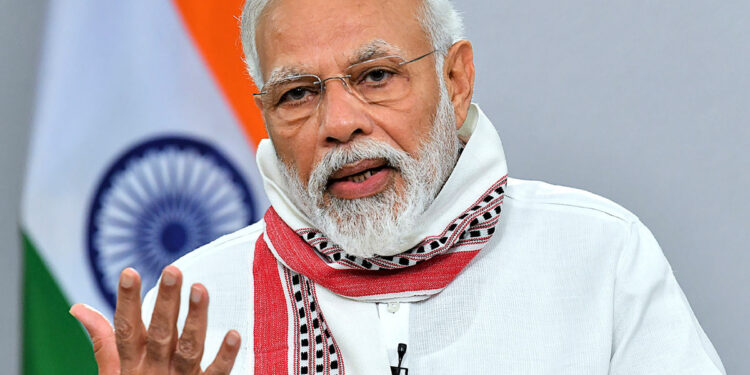Lagatar24 Desk
Gaya: Prime Minister Narendra Modi on Friday strongly defended three new bills that seek to automatically remove any prime minister, chief minister, or minister jailed for 30 consecutive days, questioning why key government posts should be run from behind bars. Addressing a massive rally in poll-bound Bihar, he asked whether “tainted ministers” should be allowed to continue in office while imprisoned.
PM’s Justification for the Bills
Drawing comparisons with government employees, Modi noted that clerks, drivers, or peons lose their jobs if jailed for even 50 hours, but ministers could still retain office for months. “Why should governments be allowed to run from jail? The people expect leaders to uphold moral integrity,” he said. He also cited recent examples where orders were signed from prison, hinting at AAP leader Arvind Kejriwal’s role in Delhi during his arrest in the liquor policy case.
Details of the Proposed Legislation
The three bills — the Government of Union Territories (Amendment) Bill, 2025; the Constitution (One Hundred and Thirtieth Amendment) Bill, 2025; and the Jammu and Kashmir Reorganisation (Amendment) Bill, 2025 — mandate that if top political leaders remain in custody for 30 consecutive days in cases carrying jail terms of five years or more, they would automatically be removed from office on the 31st day. The bills were introduced in Parliament earlier this week and have been referred to a Joint Committee.
Opposition Resistance
The Opposition, led by the Congress, RJD, and Left parties, protested vigorously in Parliament, tearing copies of the bills and alleging that they undermine democracy and federalism. Congress leader Rahul Gandhi likened the move to “medieval times,” claiming it could allow the Prime Minister to arbitrarily remove elected leaders by weaponising investigative agencies. The Opposition also argued the bills violate the principle of “innocent until proven guilty.”
Political Fallout and Reactions
Modi accused the Congress and RJD of shielding corruption, while insisting that the legislation also applies to the Prime Minister himself. He said, “The NDA government has brought a law against corruption, and even the PM comes under its purview.” Meanwhile, the debate has deepened political divides, with critics warning the bills could pave the way for political misuse, while supporters hail them as a step toward greater accountability in public office.







